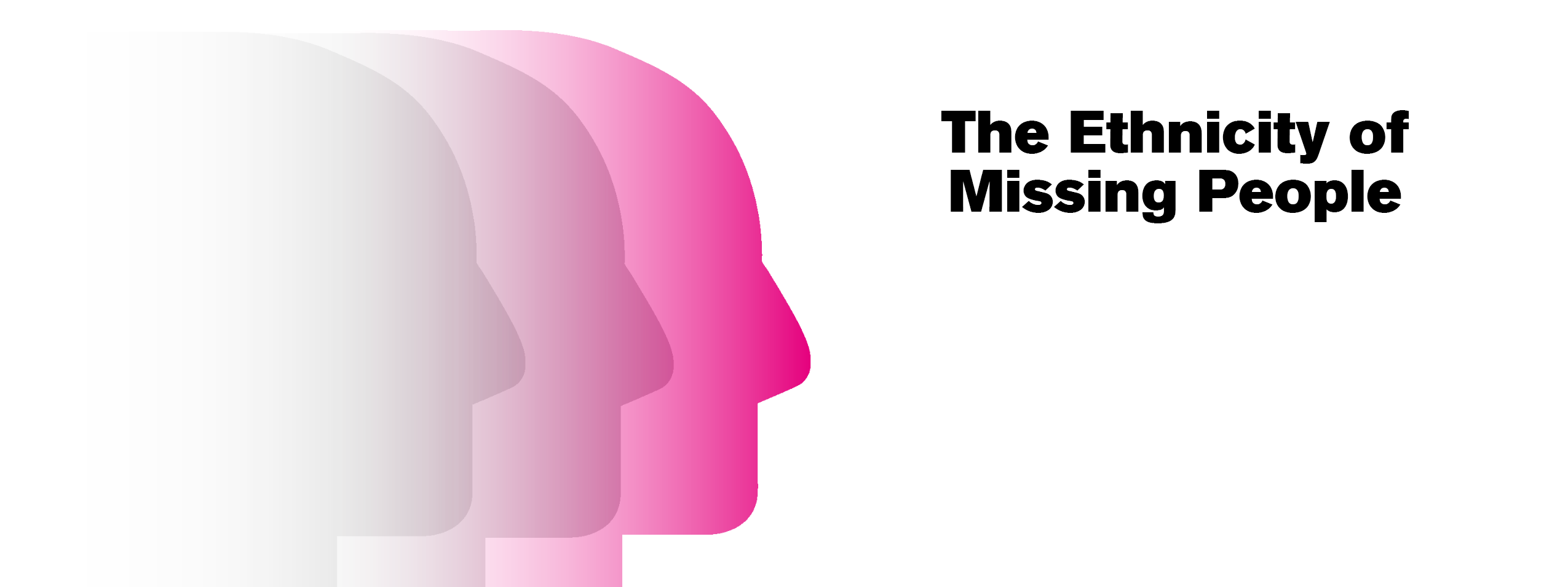
Six months ago Missing People and ListenUp published a report into the ethnicity of missing people. The findings raised significant concerns: the data shows that people from minority ethnic groups were missing for longer, less likely to be found by the police, and less likely to be recorded as being at risk, than white people. The statistics are particularly stark for Black children and adults.
Key findings include:
This is a multi-agency issue and the findings relate to a range of agencies including the police, children’s services, education and health, amongst others. The report sets out a number of recommendations including the need for local authorities and police forces to review the picture in their area.
The report recommends that: All police forces and local authorities should review their own data in order to identify disproportionality and potential discriminatory practice in their area.
We are asking all areas to complete this deep dive into the local picture in their area. National data can help to identify issues, but it is only at a local level that agencies can really understand where the disparities are emerging for them, and whether there is evidence of bias or discrimination in any decision-making that contributes to those disparities. Most importantly agencies need to understand their local picture so they can identify what action can be taken to ensure equality in response and support provided to those who need it.
ListenUp and Missing People are now carrying out further research to explore more than just the data. They are hoping to better understand the experiences of Black missing children, including any unique drivers for them going missing, any risks that the Black community specifically might be facing, and their experience of the response from the police and other professionals. They will be carrying out interviews with previously missing children, but are also collecting evidence through surveys for young people, their parents, and the professionals who work with them.
Please help with this research by completing or sharing the following surveys with anyone who might be interested in contributing.
Survey for Black young people (16-25)
Survey for parents, carers and professionals who have reported a Black child as missing, or worked with Black children who have been reported missing
On 27 September Missing People and Missing Black People are supporting an online event where the police will listen to, and learn from, the experiences of people from Black communities who have previously been reported missing, and from families who have had a loved one go missing. The National Police Race Action Plan has identified the need for police to respond better to missing Black people, and as a first step, they know they need to hear from those with lived experience.
If you would like to share your experience by joining the event, pre-recording a video or voice note, or writing a statement to be shared on the day (this can be done anonymously), please contact josie.allan@missingpeople.org.uk or info@missingblackpeople.com for more information about the event.
Sign up for emails highlighting missing appeals, information on how to share the appeals, and more information about our work. It is free to join and you can unsubscribe at any time. Find out more.